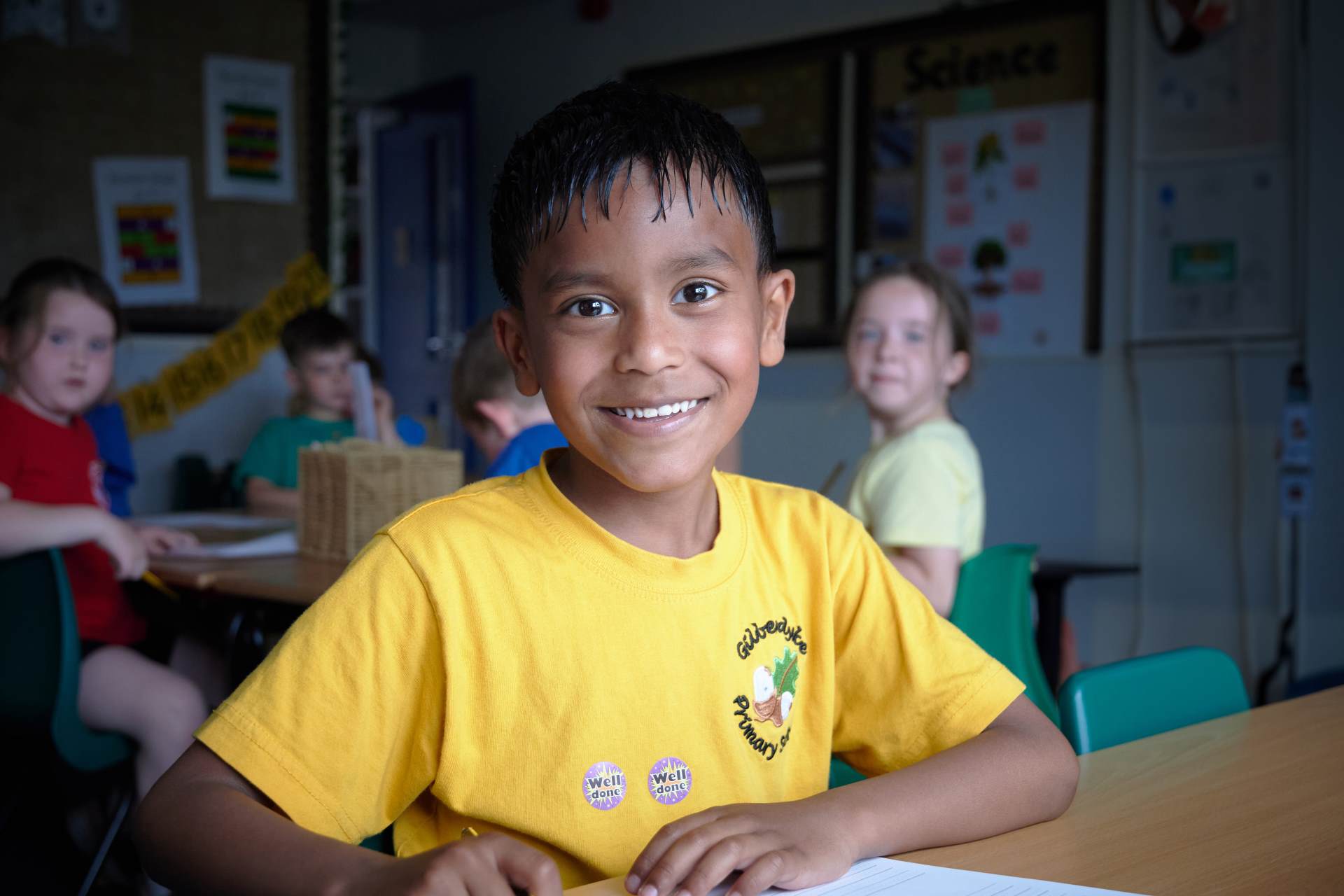Science

Intent
Our science curriculum is evidence-led, taking into account sources such as the Education Endowment Fund, STEM, ACE, Plan assessment and the 2021 Ofsted Research Review.
At Gilberdyke Primary, we recognise the importance of science in everyday life. Our curriculum offers the opportunity to develop scientific knowledge and the skills that pupils need to maintain a curiosity and understanding of the world. Our intent is for all pupils to improve their scientific thinking and deepen their scientific knowledge.
In line with our ethos and values at Gilberdyke, the curriculum is explicitly planned to be inclusive, ambitious, broad and balanced. It has been derived the National Curriculum, the Early Years Framework and shares the following aims ensuring that all pupils;
- develop scientific knowledge and conceptual understanding through the specific disciplines of biology, chemistry and physics
- develop understanding of the nature, processes and methods of science through different types of science enquiries that help them to answer specific questions about the world around them
- are equipped with the scientific knowledge required to understand the uses and implications of science, today and for the future
Sequenced from F1 to Y6 and taught in straight year groups, our science ‘path’ gives the children meaningful opportunities and experiences to learn about key substantive concepts such as forces, materials, plants, that become increasingly complex over time and over-lap between units of work. A coherent curriculum in EYFS dovetails with that of Y1 whereby knowledge and concepts taught along with experience of natural phenomena support the learning undertaken in Y1. Additionally, the science curriculum sequence (long term plan) has been developed in conjunction with other subjects to ensure cognitive load is reduced, eg. the application of maths/computing skills are carefully placed to ensure these skills are not the focus or a barrier to scientific knowledge. It also allows for the secure development of schemas (eg. Interconnectedness between weather patterns, seasonal changes, water cycle, states of matter (Geog/ Science plans) over time.
Development of Disciplinary Knowledge within ‘concepts’, eg. recording and presenting evidence is carefully sequenced from F1 to Y6 and widens as pupils progress through school, enabling them to broaden their experiences and develop independence and self-confidence when working scientifically over time. Children have ample opportunities to use and become confident in different types of scientific enquiry (pattern-seeking, comparative/fair testing, etc.) with the with the aim of developing independent enquiry skills and gaining understanding of which enquiry type will be the most successful when answering a question or proving a theory.
We have designed our curriculum to ensure well-chosen disciplinary knowledge is embedded within the most appropriate substantive content, for example; finding out about the properties of materials (substantive knowledge) and learning why some are more suitable than others for a specific purpose (comparative testing) again, securing the development of schemas over time.
Implementation
All children will be given the opportunity to ask questions and develop an understanding of and a curiosity for the world around them. The foci for each unit of science are the key knowledge objectives. Lessons are planned so that children learn about the products of science (substantive knowledge) and can explore and develop their knowledge through a hands-on investigative approach. There is also a focus on the key vocabulary which is introduced and specifically taught to children at the beginning of each unit.
When planning for science, teachers look back at previous learning in the specific science area and through use of a ‘previous key component knowledge’ activity, they are able to build on this previous knowledge and reinforce any gaps in their learning. At the end of the unit, a post unit assessment task is used to evaluate the effectiveness of the work and ensure pupils have had the opportunity to develop their knowledge to the best of their ability.
In our planning, the working scientifically objectives have been spread out across each year. This is to ensure that the skills are specifically taught so the pupils can use these in their future learning. Opportunities are made for children to have a good coverage of the enquiry types over the year.
Planning involves teachers creating engaging lessons from a teaching sequence, aiming to aid understanding of conceptual knowledge. Adaptation through scaffolding and support will be provided for pupils that have additional/SEND needs so that they can reach their full potential. Teachers use precise questioning in class to test conceptual knowledge and skills, assessing pupils regularly to identify gaps in learning, so that all children have the opportunity to be successful.
Impact
Children at Gilberdyke Primary School overwhelmingly enjoy science and this results in motivated learners with a thirst for developing their scientific knowledge and understanding. Pupils are aspirational in this subject, securing high standards in scientific substantive knowledge as well as disciplinary knowledge and understanding. Our pupils develop life skills such as strategic thinking, learning, solving problems and making informed decisions, needed in life and career. They have been equipped with the firm foundations and knowledge for understanding the world, leaving year 6 enthused and well prepared for their Key stage 3 science curriculum Science Long Term Plan



